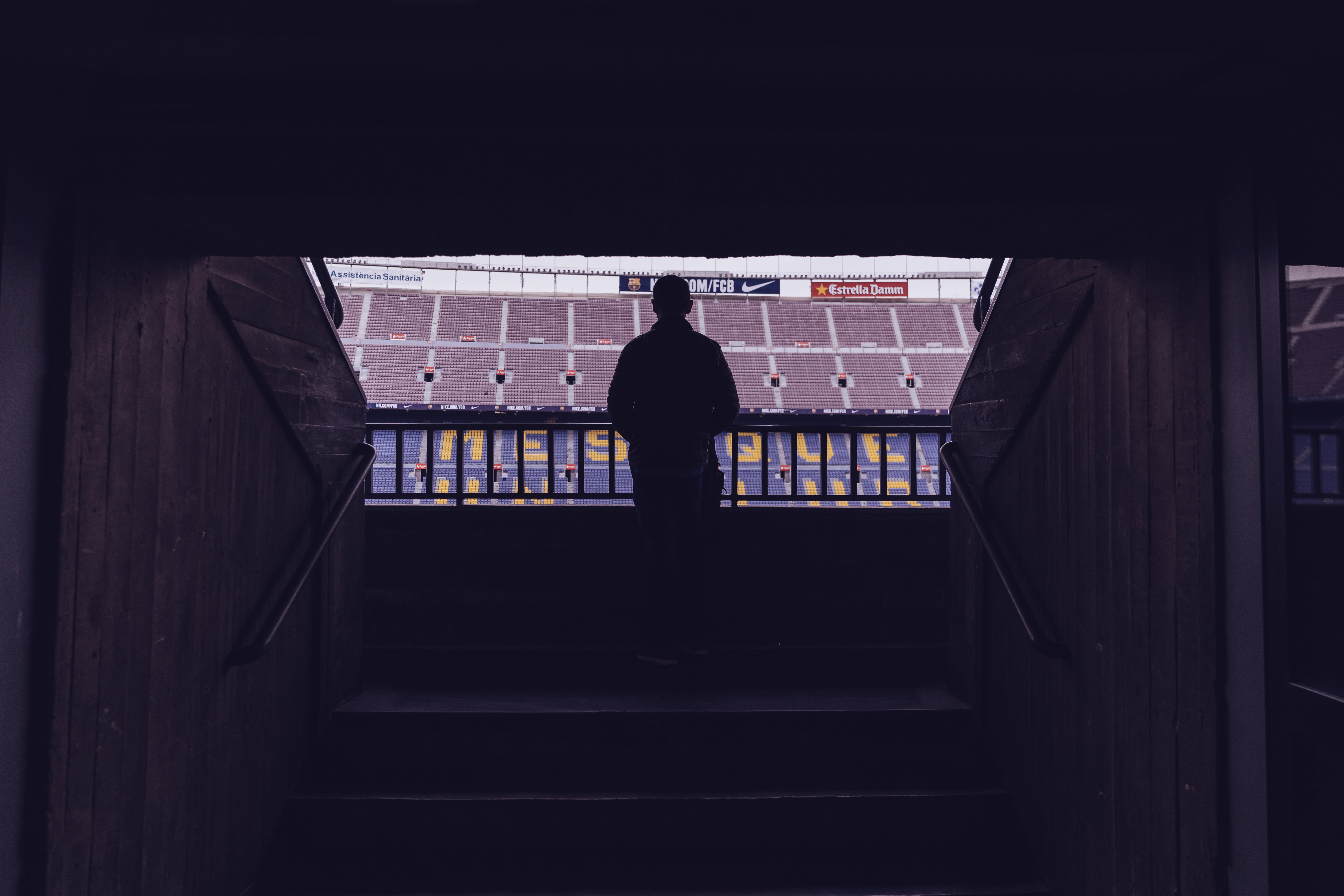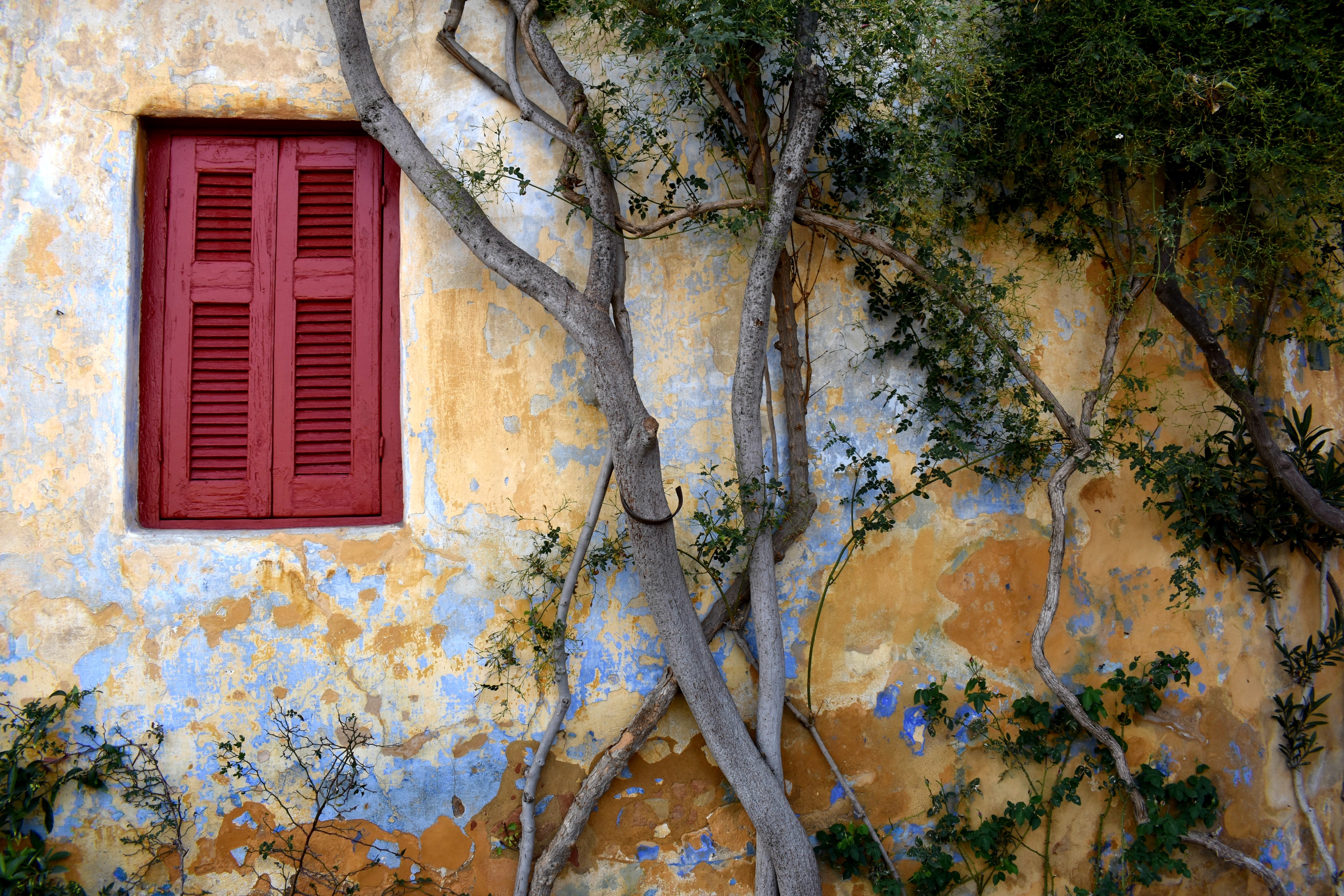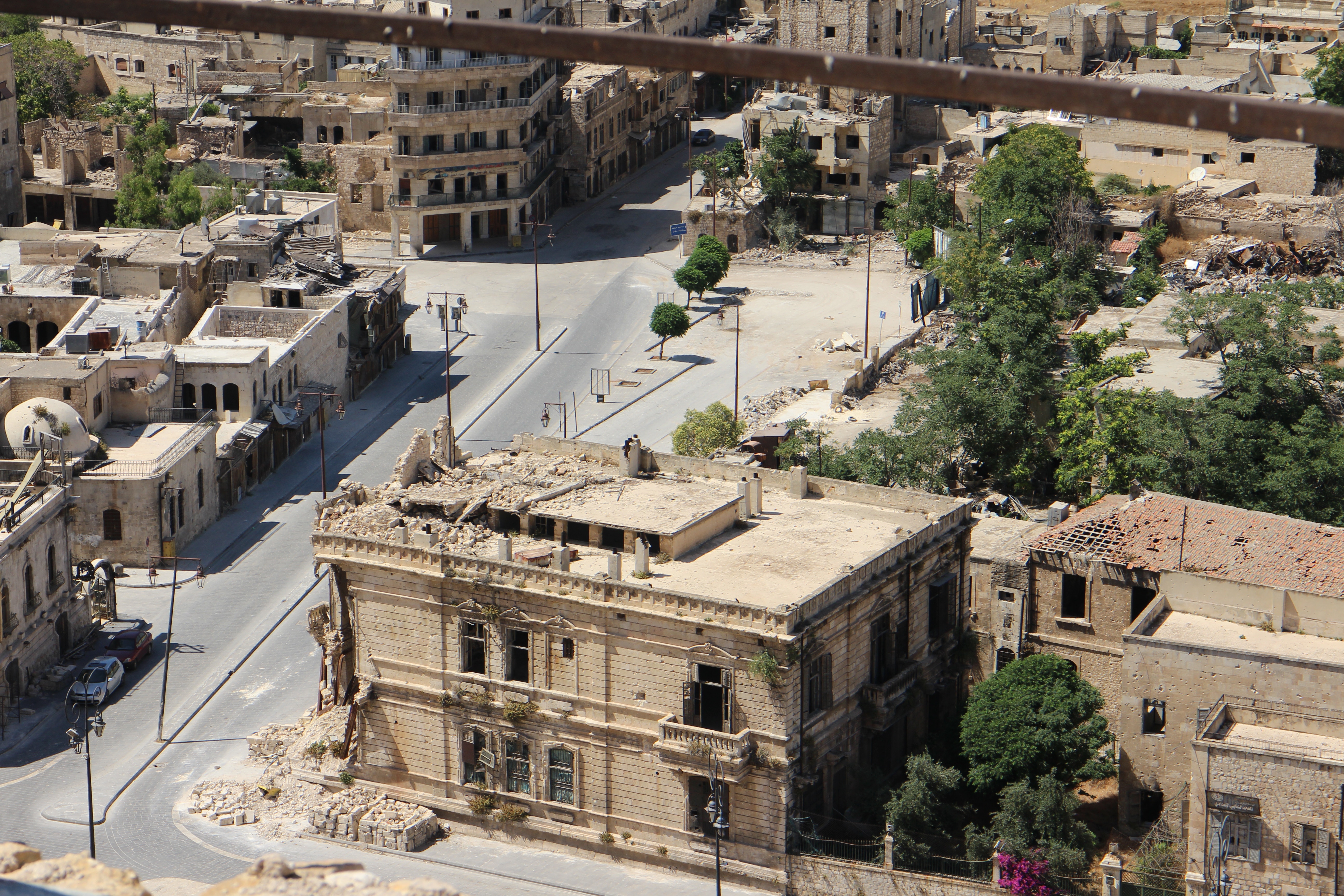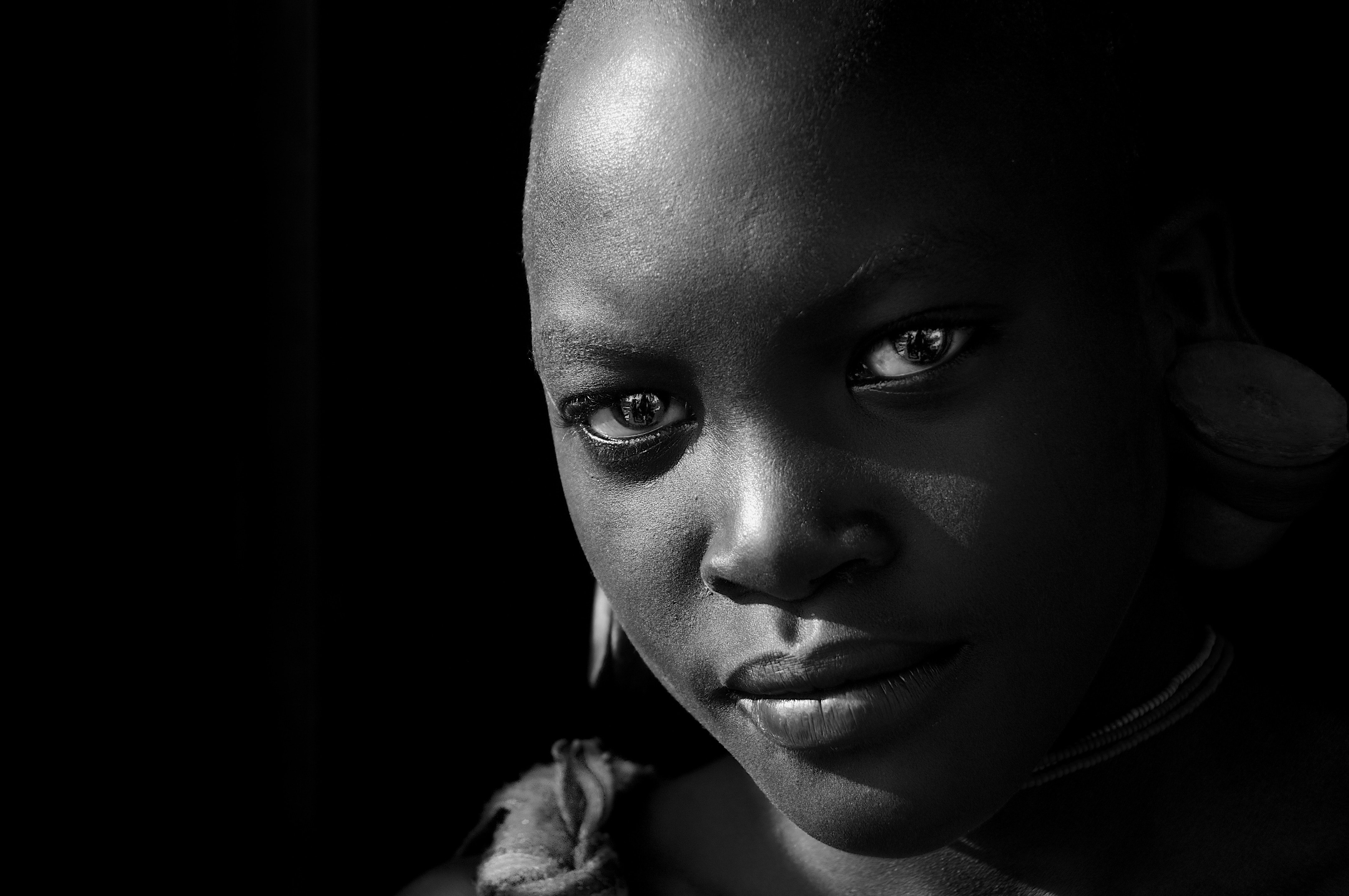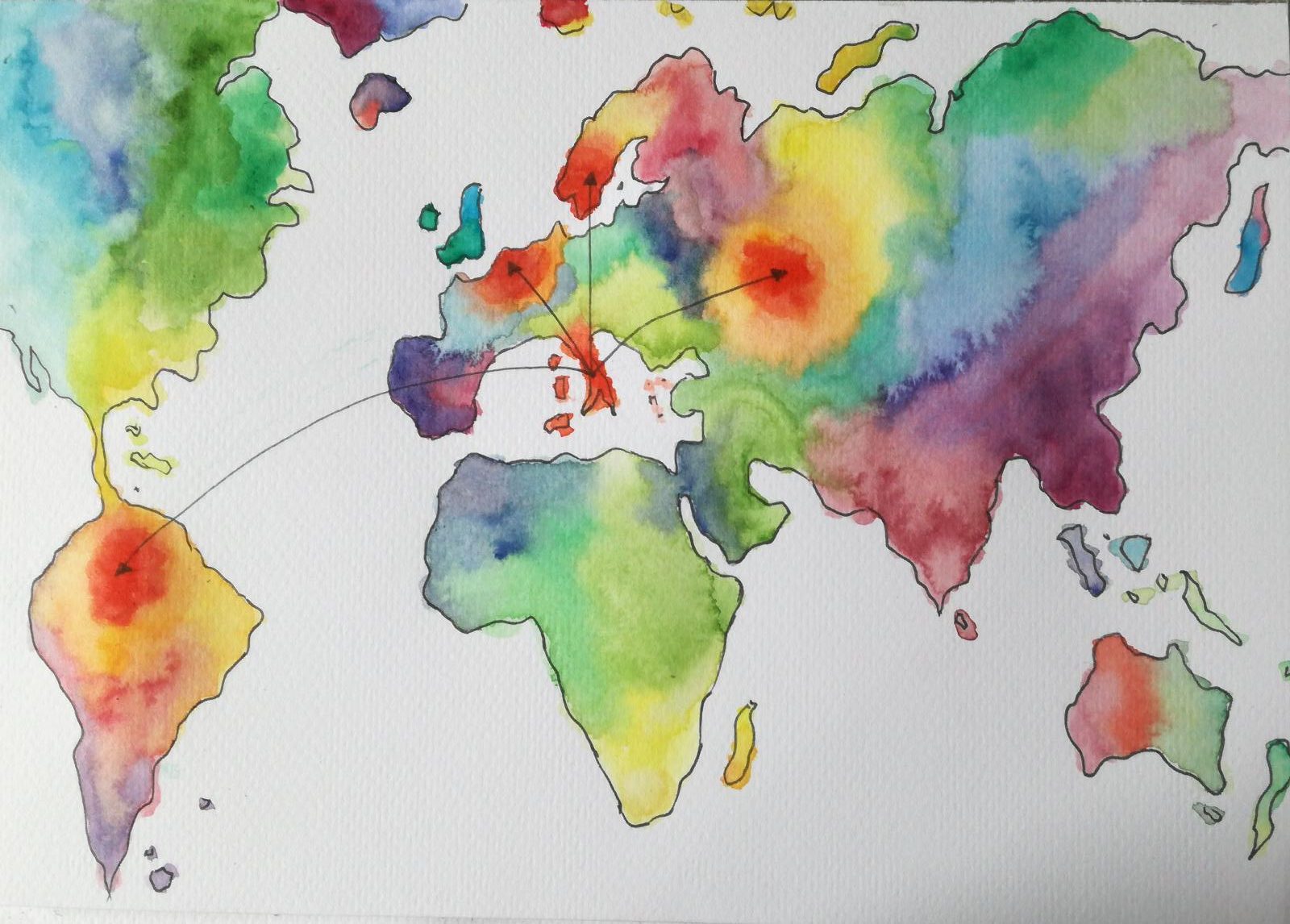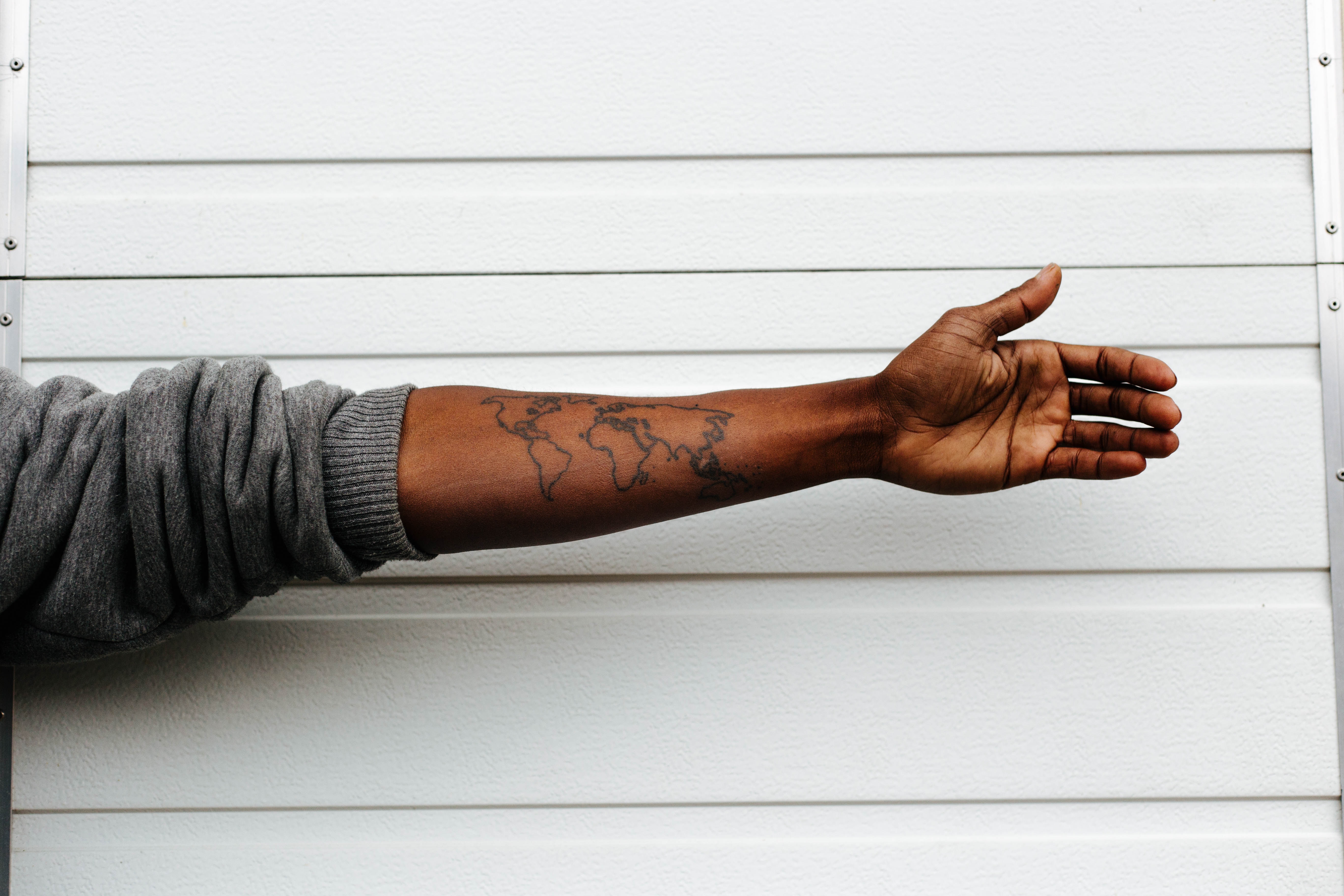Written by Christian Hazes, Staff Writer
Unintentionally, Zaire defender Mwepu Ilunga achieved football immortality during one of the group-stage matches of the 1974 FIFA World Cup in Germany.
Having lost against Scotland and Yugoslavia, Zaire had already been eliminated from the tournament. On the other hand, Brazil had already reached the second stage of the tournament after picking up two convincing wins. In other words, the final game between the two countries would be a mere technicality. While in the concluding minutes of that last game of group B, tournament first-timers Zaire were down two to nothing against reigning champions Brazil.
In these final minutes, Mwepu Ilunga succeeds in doing the impossible: leaving the divine team Seleçao flabbergasted. The Brazilians are preparing to take a free-kick, while Zaire forms a wall to attempt to block the shot. Shortly after the whistle by the referee that signals Brazil is good to go, defender Mwepu Ilunga breaks free from the wall, sprints towards the ball and before the Brazilians can blink, kicks the ball away as far as possible. Brazilian football gods Roberto Rivelino and Jairzinho looking on with their jaws dropped remains a unique scene. One of the strangest moments in football history just took place.
The fact is the reason for Ilunga’s action had nothing to do with ignorance concerning the rules of the game. No, Zaire’s players, nicknamed the Leopards, are perfectly aware of the rules. Instead, the daunting fear of going home is what drove Ilunga’s action. The clearance was simply a tactic to buy some invaluable time as well as an act of protest.
Zaire was a Belgian colony up until the year 1960, officially known then as Congo. As is the case for the vast majority of the exploited colonies on the African continent, the legacy left behind by former European rulers is far from convenient. Five years after gaining independence, Mobutu Sese Seko cunningly turned the precarious and inchoate Sub-Saharan state into a dictatorial regime. Mobutu’s Popular Movement of the Revolution dominated the one-party state that Zaire had become for over three decades, leaving the country devastated. Under the aegis of “the Father of the Nation”, the people of Zaire had been trapped in a totalitarian system dripping with Mobutism.
Mobutu’s influence also reached Zaire’s football culture by virtue of recalling players that had moved to Belgium, prohibiting playing abroad, and pumping huge sums of money in the game’s development. It must be admitted, though, that Mobutu’s intervention was highly fruitful, in addition to snatching the only African ticket for the contest after a grueling group-stage, the Leopards also became victors of the 1974 African Cup of Nations. As a sign of gratitude, the benign Mobutu awarded every team member with a house and a green Volkswagen car.
Not surprisingly, therefore, Zaire arrived at the World Cup ‘74 on a high. Some bookmakers even deemed the Africans potential outsiders.
The start of the tournament proved to be promising. Under the supervision of a vast Zairean delegate, including important ministers, high-ranking army officials and a battalion of witchdoctors, the team held up remarkably well against a strong Scottish equipe. Nevertheless, Zaire’s world cup debut culminated in a 2-0 loss.
Unfortunately, the close loss against the Scots turned out to be the apex of Zaire’s participation during that World Cup. Ahead of their next game, financial problems surfaced that proved to be the last drop to make pot boil over. The Zairean players did not receive their match payments.
In stark contrast with the present-day conditions, several decades ago football players often lived in financially uncertain circumstances. The fact that corruption was common in Mobutu-led Zaire made the players suspicious of the Zairean entourage. Mwepu Ilunga and consorts could assume the delegate had seized the match payments.

Photo by Jannik Skorna
The players of Zaire decided to strike back. Not merely because of the unreceived match bonuses, but also to address the larger problems of their home country. The World Cup would be the perfect stage to raise awareness concerning the fact that they were living in a full-blown dictatorial regime.
According to some sources, as a last resort to avoid a tarnished image of the tournament, the FIFA promised to pay 3000 Deutsche Marks per player as a means of compensation. All-out mutiny by Zaire was circumvented, but the tension didn’t fully dissipate.
The second match of Zaire with Yugoslavia as the adversary was amongst the worst in the whole history of the tournament. Exhaustion after days of arguing amalgamated with feelings of anger and resentment left the Leopards extremely demotivated. The result? Zaire experienced complete annihilation: 9-0.
This is when the situation really got out of hand. Mobutu was furious, Zaire had experienced humiliation on the international stage because of the players. Presidential guards were dispatched to threaten the team with a clear message: lose with 4 or more goals to Brazil and you better not come home.
The message surely resonated with the team. Knowing that their lives were at stake, the Zairean footballers gave it all they got against those Gods in yellow. In order for himself and his teammates to survive, Mwepu Ilunga was even willing to make a joke out of himself in front of the whole world.
The sacrifice made for survival is large. Abruptly breaking free from the wall of men in green, with a feral gaze that radiates determination, and hoofing up the ball across the pitch resulted in being universally ridiculed. But, when being able to see your family and home again are at stake, the “by any means necessary” mindset prevails.
When the final whistle had been blown, a score of 3-0 in favor of the Brazilians stood on the scoreboard. Mission accomplished.
Despite being allowed to go home, many of the ‘74 Leopards did not go home for the simple reason that they did not wish to live under a dictatorial regime which considered them pariahs.
After becoming aware of the true underlying motivations for Ilunga’s clearance, it might seem inappropriate to laugh about the incident. I do not fully agree. Obviously, the state of 1974 Zaire is not funny at all. Nor did Ilunga’s sudden action do much to increase the chances of not conceding a goal. But, the free kick farce is one of the best examples of political protest through sports. The metaphorical middle finger towards Mobutu is not only unique; at the end of the day, it is mostly very heroic.
And that is worth a smile.









